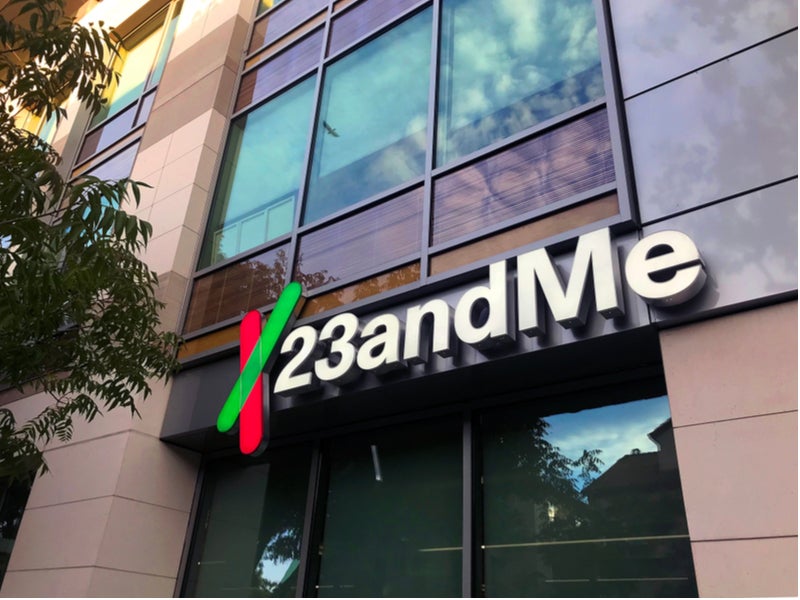As of this year, millions of US citizens have taken direct-to-consumer (DTC) DNA ancestry tests. Companies such as Ancestry and 23andMe have provided home kits that allow customers to send their saliva samples for DNA analysis. Within a few weeks, these clients receive an ancestry report and a record of their DNA relatives based on genetics. These tests have become popular both due to their entertainment value and the satisfaction people experience by having their ancestry and ethnic backgrounds revealed.
At-home genetic testing
In recent years, 23andMe has positioned itself to enter the health space, obtaining approval from the Food and Drug Administration (FDA) for testing various genetic disorders. In 2015, the FDA approved a 23andMe test for the identification of Bloom syndrome carriers and in 2017, 23andMe was authorised to test for other disorders including hereditary thrombophilia.
Last year, 23andMe announced that the FDA approved its test for mutations in the breast and ovarian cancer susceptibility genes known as BRCA1 and BRCA2. With the FDA approval of these DTC genetic tests, customers are able to identify any increased risk of disease susceptibility without consulting a healthcare professional.
While DTC genetic tests have the potential to empower and encourage people to understand how their genetics might impact their future health, there are major caveats associated with these tests. The FDA has only authorised 23andMe to test for three mutations in BRCA1 and BRCA2 combined. These mutations are most common in people of Ashkenazi Jewish descent but are not highly prevalent in the general population. In fact, there are over 1,000 mutations in the BRCA gene that are thought to be associated with an increased risk of developing breast or ovarian cancer in women, and breast or prostate cancer in men. These additional genetic variants are estimated to account for over 90% of BRCA mutation carriers in the general population. Since 23andMe does not have FDA approval to test for these other BRCA mutations, many people — especially individuals who are not of Ashkenazi Jewish descent — may be falsely assured that they do not have BRCA mutations and thus are not at a heightened risk for developing cancer.
While 23andMe clearly states on its website that its BRCA test only covers three mutations that are most prevalent among the Ashkenazi Jewish population, it is important for consumers to be aware of this major caveat when trying to interpret their genetic results. This is especially true if customers did not consult a healthcare professional before or after ordering the DTC genetic test. Since many people may not be familiar with the principles of genetic testing, there should be increased awareness and education about what the 23andMe BRCA test can and cannot reveal.
The danger of false negative results from DTC genetic tests is not confined to BRCA. Earlier this year, 23andMe announced the FDA approval of a new genetic test for mutations in the MUTYH gene, which is associated with an increased risk of developing colorectal cancer (CRC). Similar to the BRCA test, 23andMe is only approved to identify two out of over 100 mutations in the MUTYH gene that are associated with an increased risk of developing CRC. Since these two mutations are most common in people of Northern European descent, those of other ethnic backgrounds should be cautious of negative results.

US Tariffs are shifting - will you react or anticipate?
Don’t let policy changes catch you off guard. Stay proactive with real-time data and expert analysis.
By GlobalData





